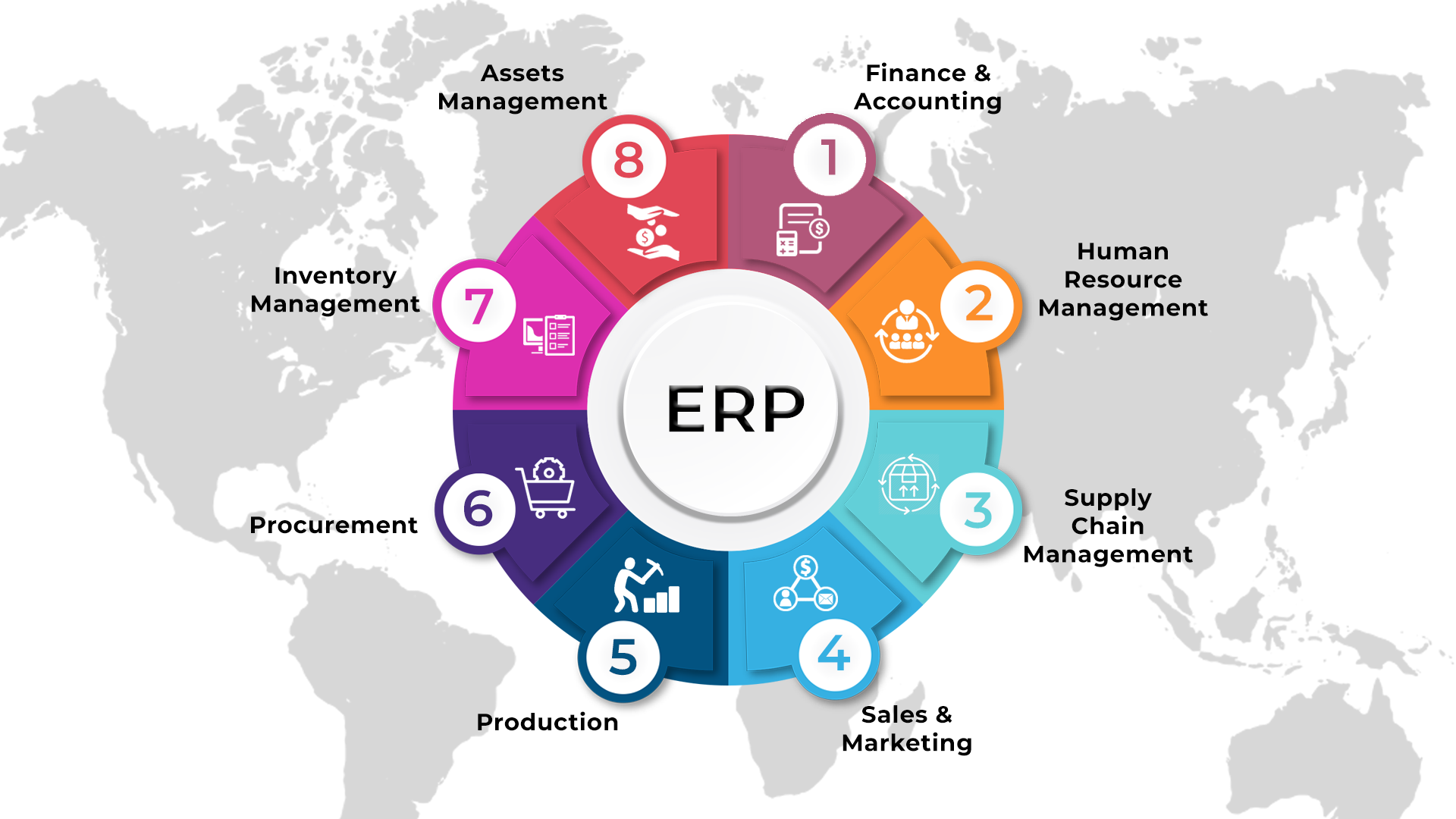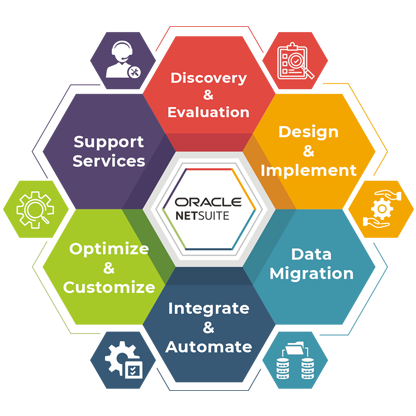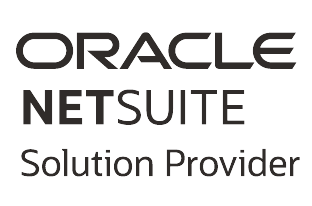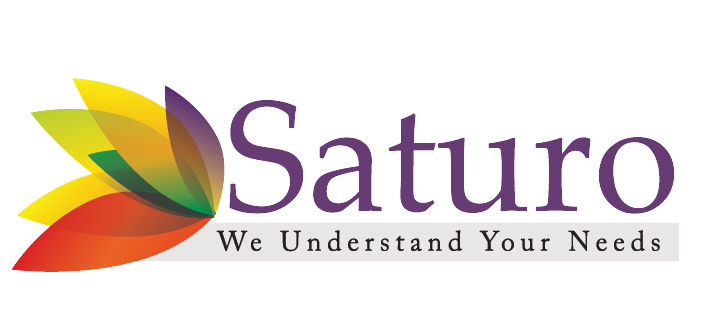ERP is an abbreviation of Enterprise resource planning. ERP Software is used by organizations to bring all their essential business segments together.
Having the capabilities to collect entire information of a company, the ERP system can help you in streamlining the information according to your business processes and needs.
As the entire resources of the information across multiple departments are brought into a single data system, we can witness the better efficiency in our work and the better service to our teams.
ERP helps us in :
- The automation and the growth of business operations.
- Integration of all processes in one single platform.
- Generation of data-driven KPIs and real-time visibility.
- Tracking all the financial operations.

The ERP Systems are Rich with Multiple Features Like :
- Finance & Accounting - Finance & Accounting is an integral part of any company, and they desire the errorless results. ERP blends the repetitive tasks and automates the tedious processes like generating receipt reports from expense reports and regulation of sending invoices to clients, reducing the cumbersome efforts of financial workers which they can use more productively.
- Manufacturing - ERP brings automation to the manufacturing aspects of a company like production, BOM, order & dispatch. Some processes are quite complex while tracking the raw material for the production of the goods, which require orders to be channelized. The software prevents repetitive data-entry resulting in the better and improvised functions.
- Human Capital Management - Human Capital or Human resource is the basic building block for an organization. For every company, it’s necessary to track to micro-level details of their workforce such as recruitment, talent management, skills enhancement, payroll, efficiency, etc. The HRM modules help the organization in managing its employees for the better cause; also it becomes unavoidable to use ERP if your firm carries a large headcount.
- Inventory Management - For most of the companies, inventory tracking is a major concern and the management is always keen to understand the status of the stock across their different locations. Thanks to ERP, as the software, carries rich tools for inventory management. We can accurately track the quantity of perishable and non-perishable items, before the purchase or catering of the demand using an ERP system.
- Services Management - The business gets the 360°overview of their projects or service-centric operations with the help of ERP. Service Resource planning can be achieved across project management and billing, maintenance status & tracking, and expense management. ERP has the capability to give us real-time details about the ongoing process, helping us to make better decisions.
- Project Management - The success of the project implementation is behind accurate project management. Resource tracking, time and expense tracking, billing, and scheduling are some of the features offered by the ERP system, which helps us in monitoring the real-time status of all the tasks and operations, leading us in building strategies, coordination, and tracking the probable challenges.
Why ERP is Important to Your Business?
- The ERP gives us a comprehensive insight into the real-time data.
- Channelization of business activities, leading to budget optimization.
- Smooth collaboration in procure to pay, order to cash, record to report, and lead to cash.
- Probable challenges can be minimized through enhanced information.
- Hand in hand operations between back-office processes.
Benefits of ERP :
- Reduced IT Expenses - Automation of the repetitive and manual process leads us in the error-free operations. The ERP gives us the radiant features to communicate with all the departments of a company giving us the accelerated growth and optimized IT expenses.
- Improved Productivity - The elimination of the manual process gives us a scope to fills the gap with more business operations catalyzing finance management, expense tracking, Order Management, service efficiency leading to the operations' fruitfulness on a broad level.
- Integrated Platform - ERP consolidates all the systems used by various departments for their operations on a singular platform, which helps the decision-makers to take calculated risks on the periodic basis across different locations very efficiently. The information gets easily available to the users in managing their operations and improvised service.
- Advances Visibility - The centralized data system can be accessed using various KPIs and reports, leading to real-time profiling and taking the critical decisions. The ERP brings the information together, from multiple sources and caters it based on the roles and the accessibility, by keeping the authority and the productivity intact.
How do we know, if we our Business is Ready for an ERP System?
- If we use plenty of software for multiple purposes across all the segments of the company.
- If the management doesn’t get deep access through all the organizational information.
- Financial and Capital operations are getting bulky and complex.
- The Supply chain isn’t improvising.
- Our IT Team is getting more complex issues and facing trouble in on-time delivery.
Frequently Asked Questions (FAQs)
Q: What is ERP?
A: Enterprise resource planning also known as ERP is business software used by companies to manage and integrate the critical parts of their business operations.
Q: What are the ERP tools?
A: ERP supports core business processes like Purchase & Sales, Accounting, Human Resource Management, Finance Management, Inventory, Supply Chain Management, and Project Management.
Q: Who uses ERP?
A: The decision makers and the operational managers across an organization can avail of the benefits of ERP software. Since ERP is critical for every business, all the industry verticals including Manufacturing, Retail, Pharmaceutical, Technology and Service, Healthcare, etc. can multifold their operations using this platform.
Q: What is ERP with an example?
A: ERP is a centralized system to segregate the critical operational processes of an organization such as warehouse Management, Supply Chain Management, Finance Management, Project Management, Human Resource Management, Purchase and Sales, Production Management, Asset Management, etc. To execute these operations, the ERP can be implemented in company premises, popularly known as in-house ERP. Other well-known ERP platforms are Cloud ERPs, where all the operational information is stored on the cloud platform. One of the popular Cloud ERP is Oracle NetSuite.
Q: What is Oracle NetSuite ERP?
A: NetSuite is the world's No.1 True Cloud ERP Software. It is a SAAS-Based application helping more than 20000 companies across 110+ countries of the world.

Q: Who we are?
A: Saturo Technologies is an authorized solution provider of Oracle NetSuite. We help industries to grow their businesses around the world profitably. Having a rich experience in the technology domain, SaturoTech has helped to the businesses optimizing their operations with the help of NetSuite Cloud ERP.
Saturo predominantly caters to the services into the NetSuite license Sell, Implementation, development of customization of NetSuite Project, NetSuite Training, and more.
Feel free to contact us for free ERP consultation & demo:
Website: https://saturotech.com/
Email ID: sales@saturotech.com
Phone Number: 020-711-796-33 (Press 2)
You may also be interested in reading this :





